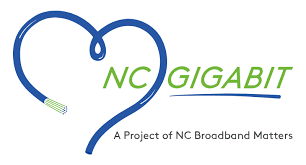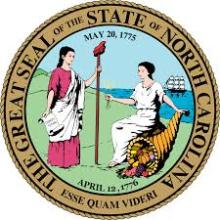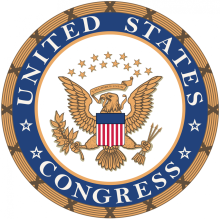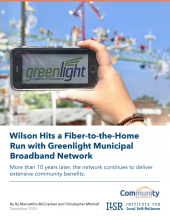Community Broadband Legislation Roundup – March 19, 2021
Snapshot
A California ballot initiative would empower voters to build their own Internet access solutions.
The Oklahoma House sends seven broadband bills to Senate.
New York and North Carolina initiate statewide digital inclusion programs.
Virginia is second state to pass comprehensive privacy legislation.
See the bottom of this post for some broadband-related job openings.
The State Scene
California Legislation Could Lead To Massive Investments in Public Broadband
As lawmakers in the Golden State look to rectify a reputation of having one of the highest student populations without Internet connectivity, bills aiming to expand access to 98 percent of California households by increasing investments in public broadband infrastructure were launched early in California’s legislative session.
Though there are several other bills pertaining to broadband that have been introduced in Sacramento, we focus on these four because, if passed, they would have the biggest impact on municipal networks.
S.B. 4, sponsored by State Sen. Lena Gonzalez, D-33, would create a new state-backed bond program, enabling local governments to finance more than $1 billion in public infrastructure projects through bond issuances. The low-interest debt for the projects could be repaid over multiple decades.










